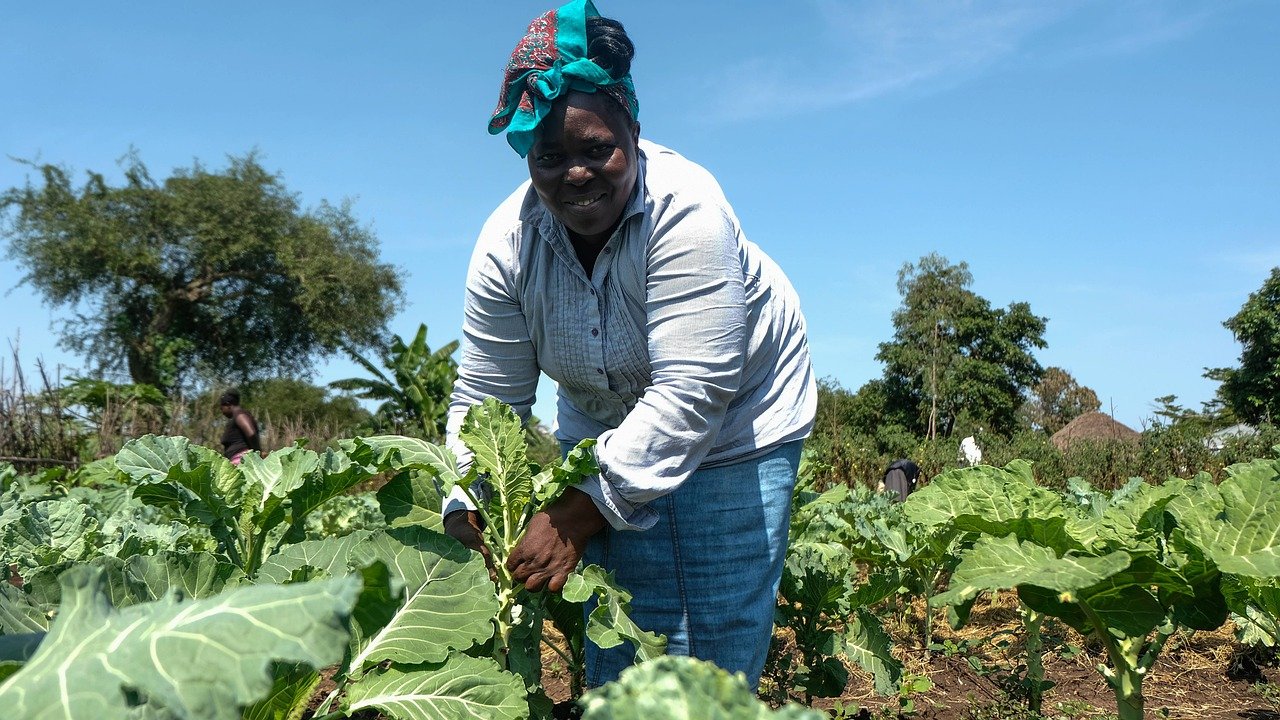
Agriculture The Gateway to Trading Parity with China?
The Oxford Business Group’s Agriculture in Africa 2021 Focus Report highlights the importance of agriculture on the continent by pointing to the continent’s 60 percent share of the world’s arable land and the fact that the agricultural sector employs a majority of the continent’s population. These factors make the sector’s role in the economic growth of the continent undoubtedly clear – ensuring food security on the continent and meeting the needs of other parts of the world.
The African Union’s Agenda 2063, aware of this reality, stresses the essence of agriculture for Africa, in eliminating hunger and reducing poverty by raising economic growth through agriculture-led development. In order to achieve the aim of a prosperous Africa based on inclusive growth and sustainable development, it is not gone amiss by the African Union that there need to be investment in modern agriculture for efficiency and increased productivity.
Despite the agricultural potential of the continent to meet her needs and that of the rest of the world, the sector is not being tapped into. In essence, Africa has failed to realise the economic boost which would have been made possible through its agricultural sector. For instance, poor agro-industrial development has resulted in the continuous export of raw materials only to import the higher-value consumable agricultural products.
It is unquestionable that the economic prosperity of the continent can be realised through investment in the agricultural sector. What bewilders many is the question of why Africa’s strategic partners have failed to invest meaningfully in achieving this feat.
China, as a dominant player which insists on a win-win partnership with the continent, has an important role to play in assisting the continent achieve the aspiration set out in the Agenda 2063. Even though China would argue that it is committed to this principle, Afro-Sino partnership has been characterized by complaints such as the saturation of cheap Chinese goods on the African market and its negative knock on effect on artisanal workers. There is also the issue of a significant trade deficit where African countries import more from China than export. These problems have been a bone of contention on whether China views the continent as an equal trade partner, and if it is truly a mutual win for both parties.
The Director-General of the Department of African Affairs at China’s Ministry of Foreign Affairs, Wu Peng, in a discussion with the China Africa Project team, mentioned the role of agriculture in balancing trade between Africa and China, through the promotion of agricultural products to be exported to China. Wu Peng further commented on the significance of agriculture for food security, and as a key to the foundation of national economy and social stability. Bearing these factors in mind, it would be important for China not only to promote the export of African agricultural goods to China, but to also invest in the mechanisation of agriculture on the continent, to enable efficiency and the production of high yields for commercialisation and exportation. Investment in agro-industries on the continent would result in removing the continent from the shackles of exporting raw materials instead of value added products which would boost economic growth.
By investing heavily in Africa’s agricultural sector in ways aforementioned, China would be paving the way for Africa to realise an agricultural-led inclusive and sustainable growth, where the continent will be assured of food security and economic growth, and therefore contributing in achieving the Africa we want. It could additionally serve as the gateway in eliminating trade surplus with China, consequently regarding each other as being in a mutually beneficial cooperation.